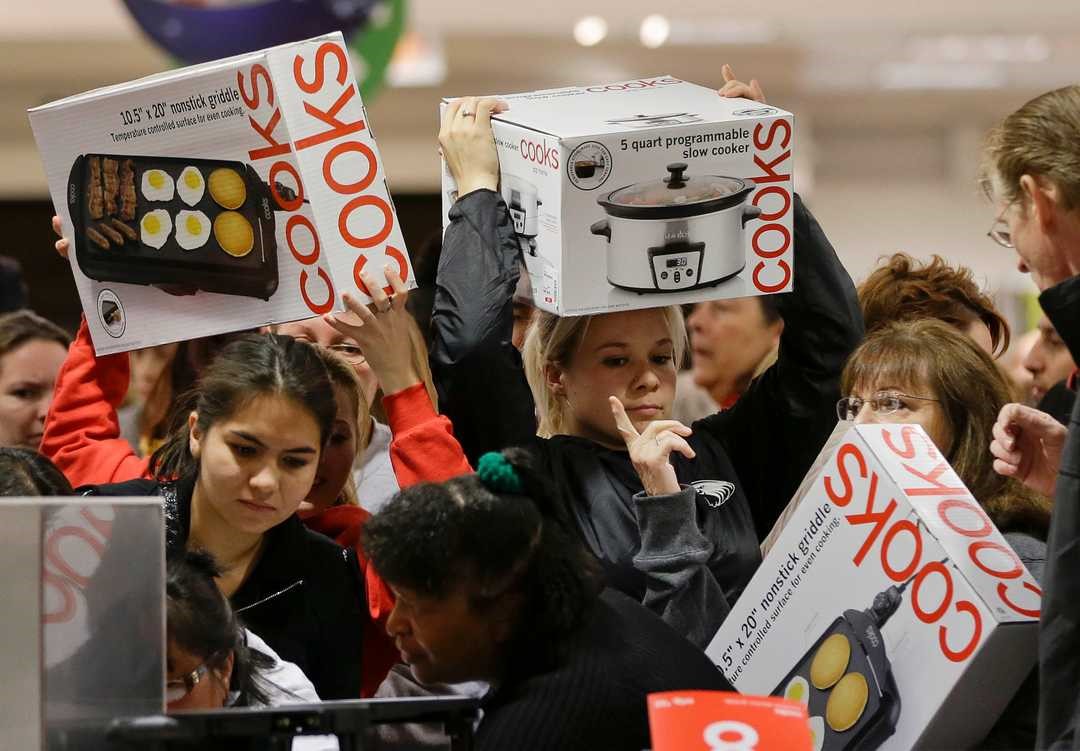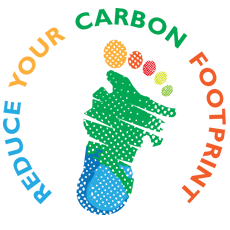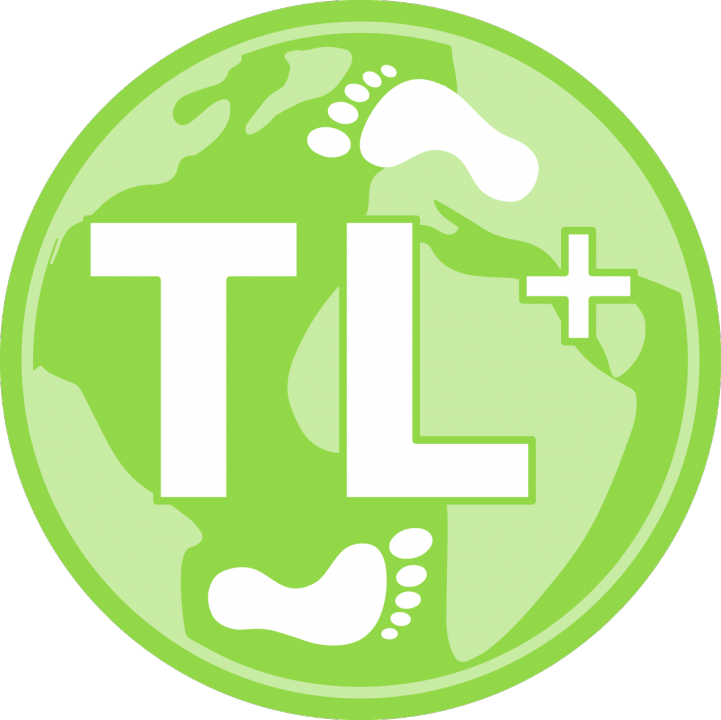Het arrangement Consuminderen Engels is gemaakt met Wikiwijs van Kennisnet. Wikiwijs is hét onderwijsplatform waar je leermiddelen zoekt, maakt en deelt.
- Auteur
- Laatst gewijzigd
- 16-12-2018 16:33:56
- Licentie
-
Dit lesmateriaal is gepubliceerd onder de Creative Commons Naamsvermelding 4.0 Internationale licentie. Dit houdt in dat je onder de voorwaarde van naamsvermelding vrij bent om:
- het werk te delen - te kopiëren, te verspreiden en door te geven via elk medium of bestandsformaat
- het werk te bewerken - te remixen, te veranderen en afgeleide werken te maken
- voor alle doeleinden, inclusief commerciële doeleinden.
Meer informatie over de CC Naamsvermelding 4.0 Internationale licentie.
Aanvullende informatie over dit lesmateriaal
Van dit lesmateriaal is de volgende aanvullende informatie beschikbaar:
- Eindgebruiker
- leerling/student
- Moeilijkheidsgraad
- gemiddeld
- Studiebelasting
- 4 uur 0 minuten
Bronnen
| Bron | Type |
|---|---|
|
History of Thanksgiving https://www.youtube.com/watch?v=9EZNCuQkWNU |
Video |
|
What is Black Friday? https://www.youtube.com/watch?v=v5jvjHqp2bs |
Video |
|
Craziest Black Friday Disasters compilation https://www.youtube.com/watch?v=Isyvv7LskTI |
Video |
|
https://www.youtube.com/watch?v=eE894L0JW-I https://www.youtube.com/watch?v=eE894L0JW-I |
Video |
|
Carbon Footprint explained https://www.youtube.com/watch?v=8q7_aV8eLUE |
Video |
|
The life cycle of a T-shirt https://www.youtube.com/watch?v=BiSYoeqb_VY |
Video |
|
The life cycle of a Mobile Phone https://www.youtube.com/watch?v=4lfhtIr2gmE |
Video |
|
Why your old phones collect in a junk drawer of sadness https://www.youtube.com/watch?v=eyUqqA8wA0A |
Video |




